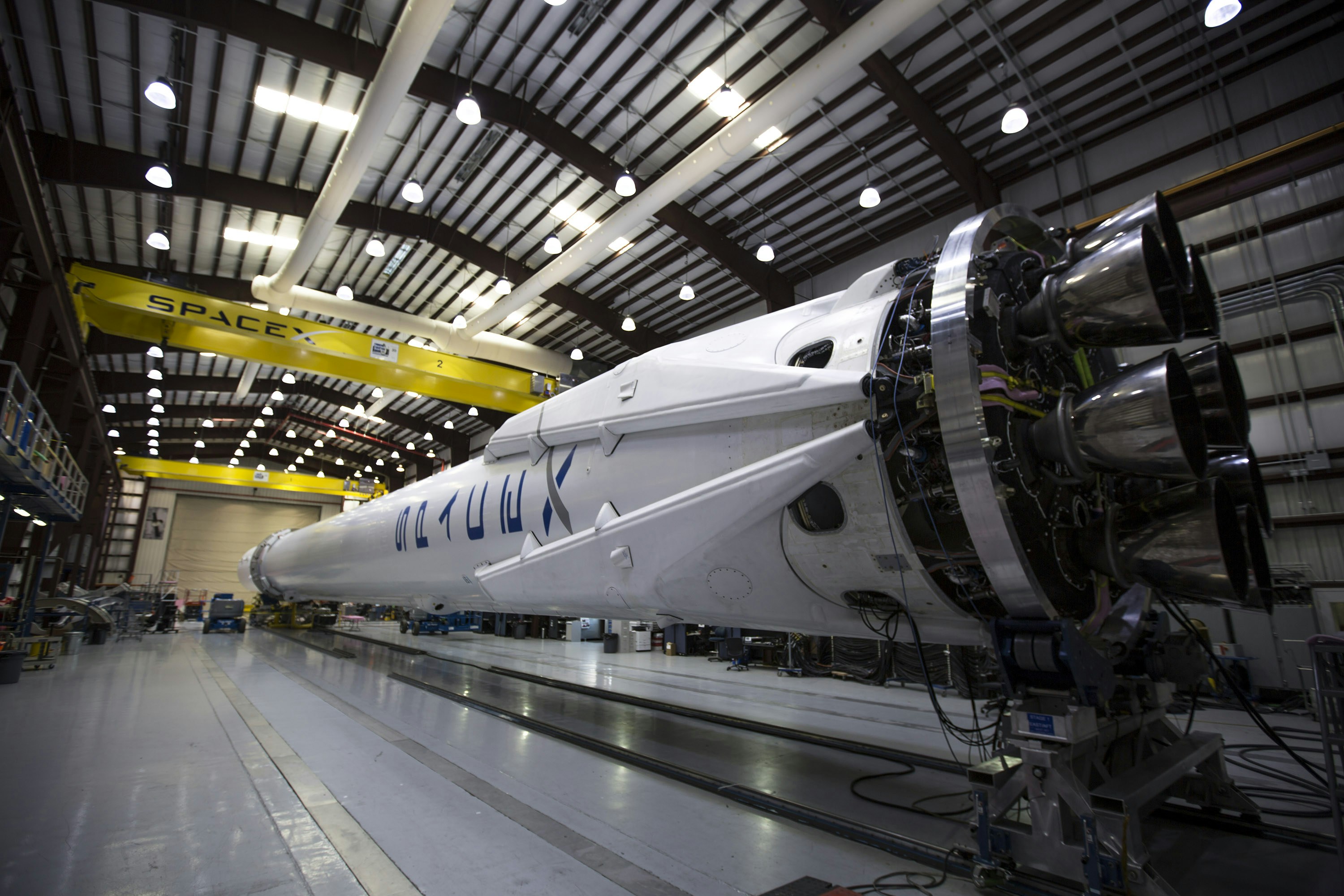Elon Musk doesn’t just collect companies. He collects puzzle pieces. And when you step back, they all fit together into something bigger than cars, rockets, or flamethrowers. They look suspiciously like the toolkit for colonising Mars.
Take SpaceX. That one is obvious, the transport provider. Someone has to get us to Mars, and it won’t be Ryanair.
Then there’s Tesla. On Earth, it’s about cars and batteries. On Mars, it’s about mobility in a place that makes Antarctica look cosy, and energy storage when sunlight is scarce. Pair that with SolarCity, absorbed into Tesla years ago, and you have the beginnings of a power grid for a planet where fossil fuels don’t exist. No oil rigs on the red planet, just solar farms and batteries.
The Boring Company may look like a vanity tunnel-drilling business for now. But on Mars, where radiation bathes the surface and the weather is basically a death sentence, living underground is the only realistic option. Suddenly, a company that makes tunnels feels less like an odd sideline and more like the architectural foundation of a colony.
And then we have Optimus, the humanoid robots from Tesla. On Earth they’re marketed as factory hands and labour replacements. On Mars, they become the expendable workforce, building, maintaining, and repairing in places where sending humans would be too dangerous or too expensive.
You could even throw in Neuralink. A controversial brain-computer interface today, but in the thin atmosphere of Mars, with long-distance communication delays, enhancing human cognition and interaction with machines might suddenly look less dystopian and more… necessary.
Put all these together and what you get is not just a group of separate companies, but a kit of parts. Transport, power, shelter, labour, and even augmented humans. Individually they’re ambitious. Collectively they look like a blueprint for life on Mars.
Is this deliberate master planning or just convenient overlap? Musk would probably shrug and say it doesn’t matter, as long as it works. But when the first settlers start digging tunnels, laying solar panels, and watching robots do the heavy lifting, it will feel eerily like someone already prepared the supply chain.
So maybe Elon Musk doesn’t just want to colonise Mars. Maybe he’s already built the businesses that will do it.

